Featured
5 possible market scenarios to expect in 2019
The world is full of possibilities, and this year could be a wild ride for the markets, but we could see significant developments in various sectors.
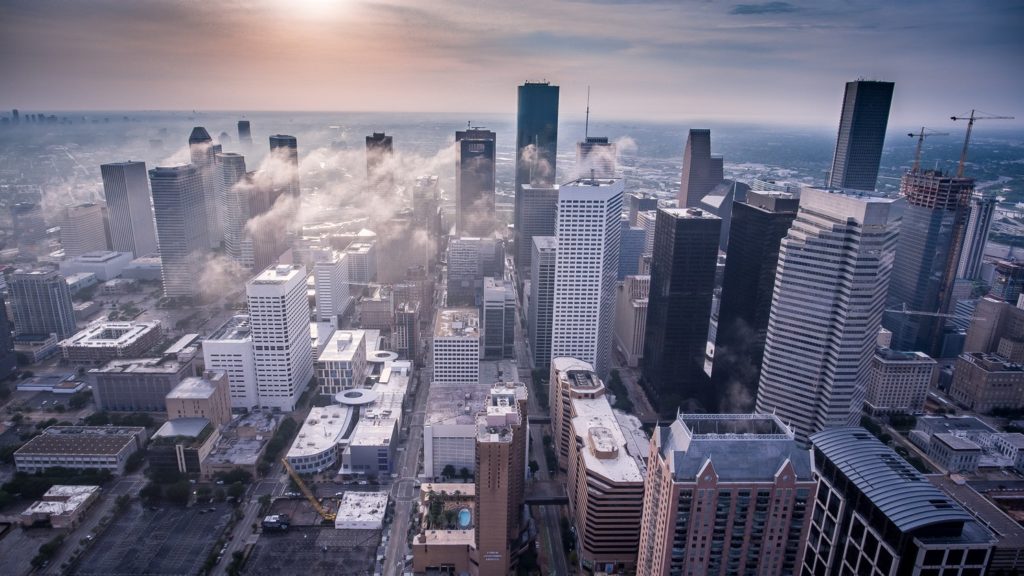
It could happen. That’s a common phrase that every parent hears, and even sometimes utters, when talking with children.
Sure, Santa could bring you a motorcycle. If there were a Santa. And he wanted you to die a grisly death in the middle of the highway.
Sure, you could make an A on that exam. If you actually read the book. And studied. And, you know, tried.
But hey, we’re Americans. We take risks well beyond what is reasonable for the expected return.
This adventurous spirit is part of what keeps our age of death lower than other developed nations. It also keeps us at the forefront of innovation.
Before we can take a chance, though, we must think about what’s possible, even if it’s not probable.
So, let’s consider a few things that might happen over the next 12 months. They’d be unexpected but still fall in the realm of “the possible.”
1. President Trump releases his tax returns
Bowing to pressure from a newly-seated Democratic majority in the House of Representatives, President Trump agrees to disclose his much-maligned tax returns.
The documents reveal a head-spinning web of entities that work with and through each other to exploit tax loopholes in real estate law. But they also show something else.
By virtue of his membership payments (written off as a business expense), we find out President Trump is a member of MENSA, the genius club.
Republicans rally, noting they’d always suspected there was something canny about his dealings with China, the deregulation push, and his exit from both the Paris Agreement and the Iranian Nuclear Agreement.
Democrats immediately called for an investigation of MENSA.
We also find out that Trump secretly donated millions to the Sierra Club, which immediately disbands in shame.
2. Trump resigns
Claiming that he’s met every goal set during his campaign, President Trump resigns.
Vice President Mike Pence takes the helm and appoints Nikki Haley as his Vice President, then immediately recruits Generals Kelly and Mattis to rejoin the administration.
Trump goes on a speaking tour with the Obamas while the Chinese immediately agree to every trade demand made by the Pence White House because, as they openly admit, they have no idea how to deal with a principled man bent on reshaping the world based on Western morals. It scares them.
On the bright side, the markets jump 20 percent as investors expect a boring, unchanging rule of law and anticipate Pence/Haley will be elected in 2020.
Meanwhile, Senator Warren, seeing the U.S. Presidency slip away, decides to run for president of any Indian nation that will have her as a member.
3. Plastic reverts to fuel
The use of Earth Wake, the device that turns recycled plastic pellets into a mixture of diesel, gasoline, fuel gases, and a bit of wax, becomes common.
At $60,000 apiece, neighborhoods and corporations around the world immediately purchase the devices and put them into use, dramatically reducing plastic waste in the environment and adding a new source of fuel to the global economy.
The development provides cheap energy to developing nations while cleaning up their public lands.
The Boy Scouts of America gain new life by making recycling-to-fuel their cause celeb and fan out across the nation to pick up used water bottles and plastic bags.
4. Social credit hits the U.S.
Based on the Chinese social credit system that monitors your daily life and rewards “good” behavior while punishing “bad,” Facebook rolls out a social measure that coordinates with all internet-connected devices to rate your daily activities.
Adding to the vast amount of data it already has on you, the company considers information from your smartphone about where you go, how you drive, whom you see, and what you say, plus what you watch on your smart TV, and what you buy with your credit cards, and of course how you behave in public, as captured by security cameras, traffic cams, and all other outward-facing devices across the land.
The outcome is a “score” that shows up as a thumbs-up or a sad face, which is then used by companies to offer you better terms on purchases and better perks.
To simplify the process, Facebook immediately tags everyone in the Southeast with a sad face, except those living in Miami and Austin.
To be fair, the company also gives everyone in New York and San Francisco a thumbs-up because they are worried about lawsuits.

Brexit could eventually take place like nothing happened. (Source)
5. Britain leaves the EU and nobody cares
No, really. Wouldn’t it be awesome if Britain just called it a day on March 29 and nothing happened?
Seriously, though
I am looking forward to 2019, even though we expect it to be a wild year in the markets.
Equities might bounce and then fall, as Harry predicts, but we could also see dramatic developments that could enhance our standard of living.
From a breakthrough in battery storage to new medicines derived from marijuana, the world is full of possibilities.
And if we do get the washout that Harry is looking for, then we’ll able to buy great assets on the cheap!
—
DISCLAIMER: This article expresses my own ideas and opinions. Any information I have shared are from sources that I believe to be reliable and accurate. I did not receive any financial compensation for writing this post, nor do I own any shares in any company I’ve mentioned. I encourage any reader to do their own diligent research first before making any investment decisions.

-

 Fintech4 days ago
Fintech4 days agoRobinhood Expands to Europe with Tokenized Stocks and Perpetual Futures
-

 Business2 weeks ago
Business2 weeks agoAmerica’s Debt Spiral: A $67 Trillion Reckoning Looms by 2035
-

 Crowdfunding1 week ago
Crowdfunding1 week agoTasty Life Raises €700,000 to Expand Pedol Brand and Launch Food-Tech Innovation
-

 Cannabis4 days ago
Cannabis4 days agoCannabis Clubs Approved in Hesse as Youth Interest in Cannabis Declines


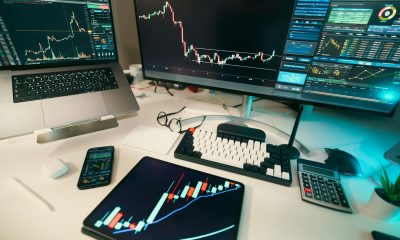

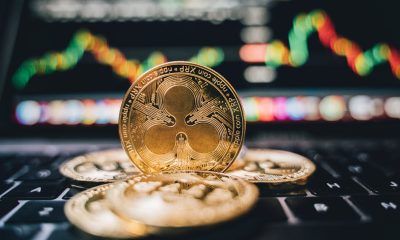



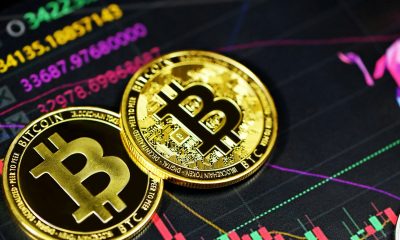

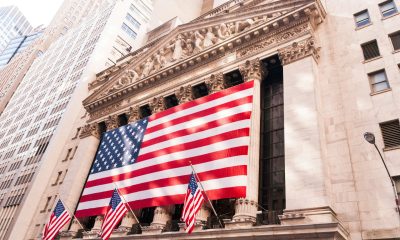















You must be logged in to post a comment Login